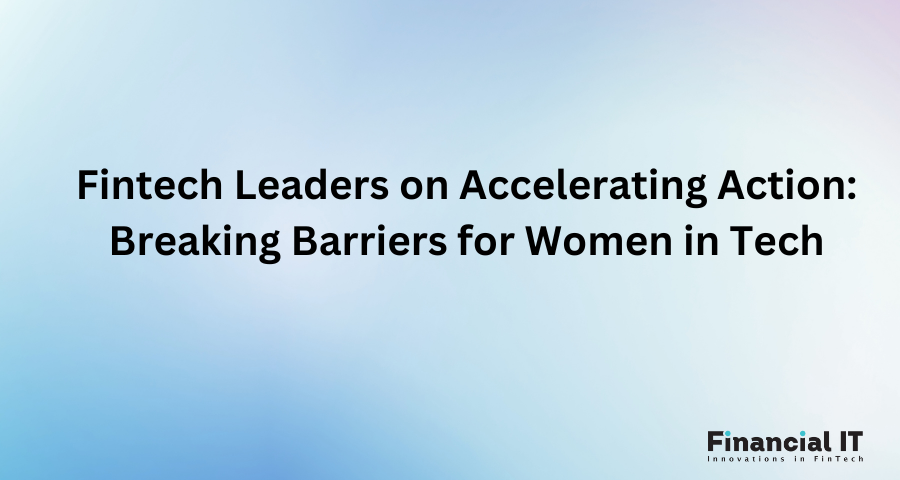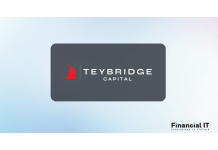FCA Transaction Reporting Proposals to Save Firms £...
- 21.11.2025 02:25 pm
The Global Power of Sport: Bank of America Partners...
- 21.11.2025 12:55 pm
Qantas Business Money Introduces Yield Powered by...
- 20.11.2025 01:45 pm
One Inc Recognized as a Fastest Growing Company in...
- 20.11.2025 10:15 am
FCA Proposes Consolidated Tape to Boost...
- 20.11.2025 08:45 am
Viamericas Partners With Loveo to Expand Remittance...
- 20.11.2025 08:00 am
Ebury Becomes F.C. Copenhagen’s First Official FX...
- 19.11.2025 09:45 am
Ramp Reaches $32 Billion Valuation, Doubling Revenue...
- 19.11.2025 09:15 am
Forbo Movement Systems Adds DailyPay to Its Financial...
- 19.11.2025 08:05 am
Teybridge Capital Europe Completes Strategic...
- 18.11.2025 12:25 pm
WPS Advisory Enhances Financial Advice Journey With...
- 18.11.2025 10:05 am
FreeAgent and Pleo Partner to Streamline Expense...
- 18.11.2025 09:25 am






















